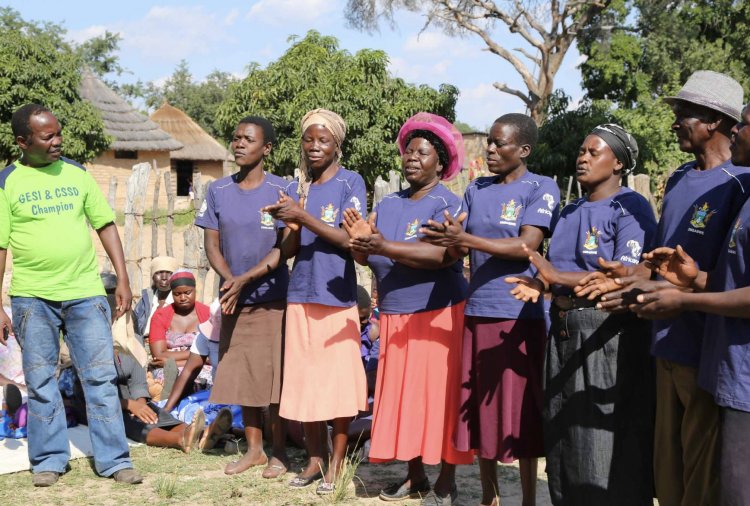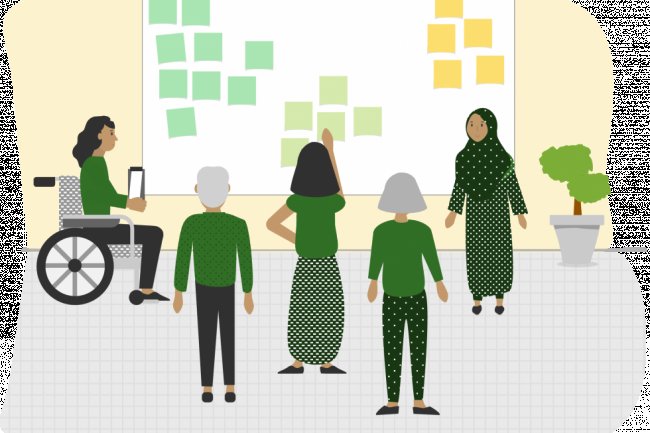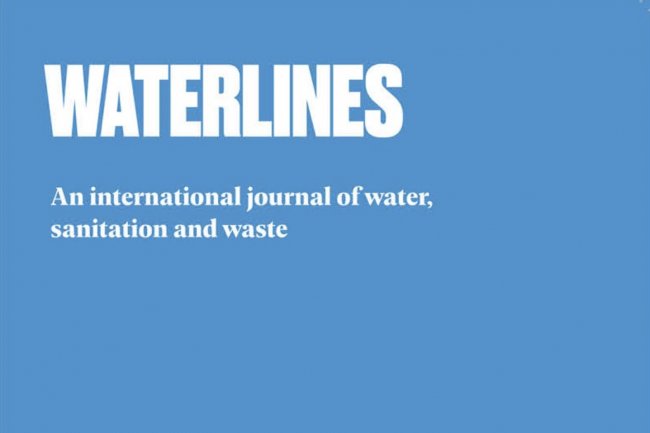Gender Equality, Disability, and Social Inclusion
We have a societal responsibility to ensure that vulnerable and disadvantaged groups are included and accounted for in water allocation and management processes and outcomes. This priority is intrinsic in the United Nations Sustainable Development Goal 6, which is to “Ensure availability and sustainable management of water and sanitation for all”. Some people—such as the poorest of the poor, people with disabilities, Indigenous peoples and women—are most often excluded from decision-making processes. However, the realisation of the human right to water and sanitation will only be fully achieved when all people are able to benefit equally from development.

Source: https://waterpartnership.org.au/our-offering/gender-equality-disability-and-social-inclusion/
While water resources management has evolved from technical disciplines of engineering, science, water data management, modelling, hydro-economics and the like, it is ultimately a social and political domain. Australia has a lot to contribute to these efforts, not because we have solved gender, disability and other inequalities in our own country, but because we have an increasing focus on GEDSI in aid investments. The explicit inclusion of GEDSI in development initiatives has been associated with more sustainable development outcomes and more effective impacts.


